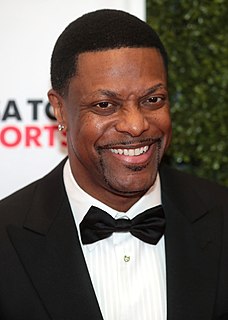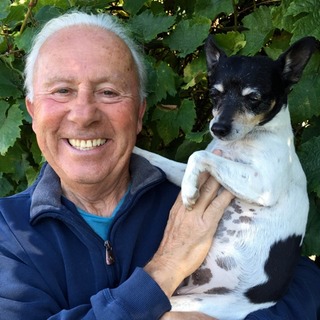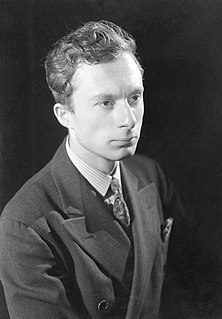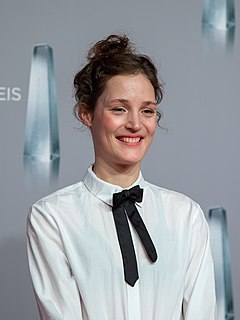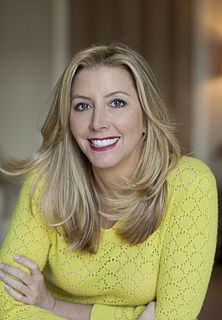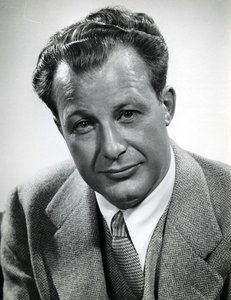A Quote by Chris Tucker
I told a joke and people laughed and it was the best feeling. I knew I wanted to do this as a career. I never knew I could get such a high from telling a joke. There's something so extraordinary about having people listening to you and hanging onto your words - it's a great feeling.
Related Quotes
I keep on repeating something told to me by an American psychologist: "When you are making a joke about someone and you are the only one to laugh, it is not a joke. It is a joke only for yourself." If people are making a joke they have the right to laugh at me but I will ignore them. Ignoring doesn't mean that you don't understand. You understand it so much that you don't want to react.
I could feel myself changing physically. It was like something dropped out of the sky. Seeing her on the fire escape had given me a certain feeling, and then when I saw the photograph of her, it gave me a similar feeling. And I thought that was an incredibly powerful thing - that a photograph could give you a feeling that was similar to a feeling you had in the physical world. Nobody could've told me that. I knew what I was going to do for the rest of my life.
Often, when you're in some of these writing rooms for... and the most restrictive is network television, right? They say, 'Wow, that's a great joke, but we can't do that. Okay, let's try the second joke. Oh, you can't do that one. But the third joke you can do,' and hopefully it will be great, but it will remind people of what the joke really was.
I knew a lot of people who were beaten by the Depression, but there was still a feeling of positiveness among people: everyone thought it's got to get better. We were all trying to get the country back on its feet. There was a feeling that you could do anything, and this was certainly very true in the theater.
I stood in front of a mountain and was overwhelmed by the beauty and energy; I had goosebumps. I thought, if I could record this feeling, go back home and pour it out again so other people can have that feeling, this I would want to be my work. I knew it was acting - I wanted to be like a messenger or medium.
The difference when I'm writing a story versus writing a joke is that writing a joke is so much more about the structure and it's less about the conversation. To me, the thing that I love about stand-up is the intimacy between performer and audience.To get it even more conversational was something that really appealed to me and that I really enjoyed doing. My early experiments with it, with just telling a story from my life on stage, it was so satisfying to do. And seemingly for the audience as well. It's a different thing, and it's a different feeling and a different vibe.
I started to make a joke that I had an imaginary friend underneath the let-out couch named Binky. I would never talk to him; I would only use him as entertainment for other people. I knew they thought that children had imaginary friends, so I was like, "I don't really believe in imaginary friends, but I want to feel like I do." I used to make a joke, "My imaginary friend Binky says this," because I knew it would get a laugh out of them.
